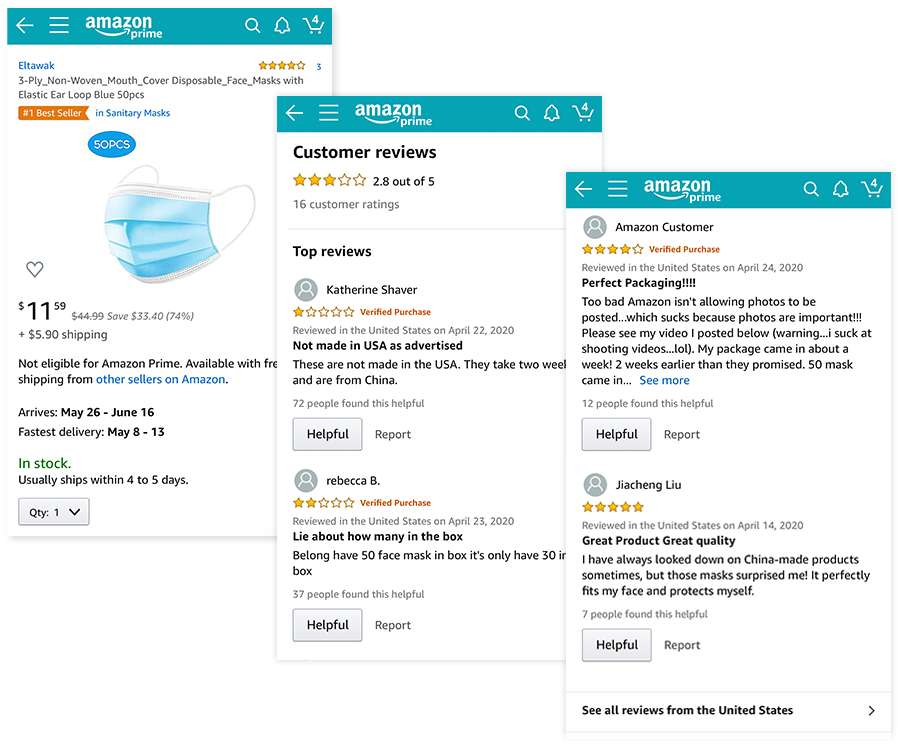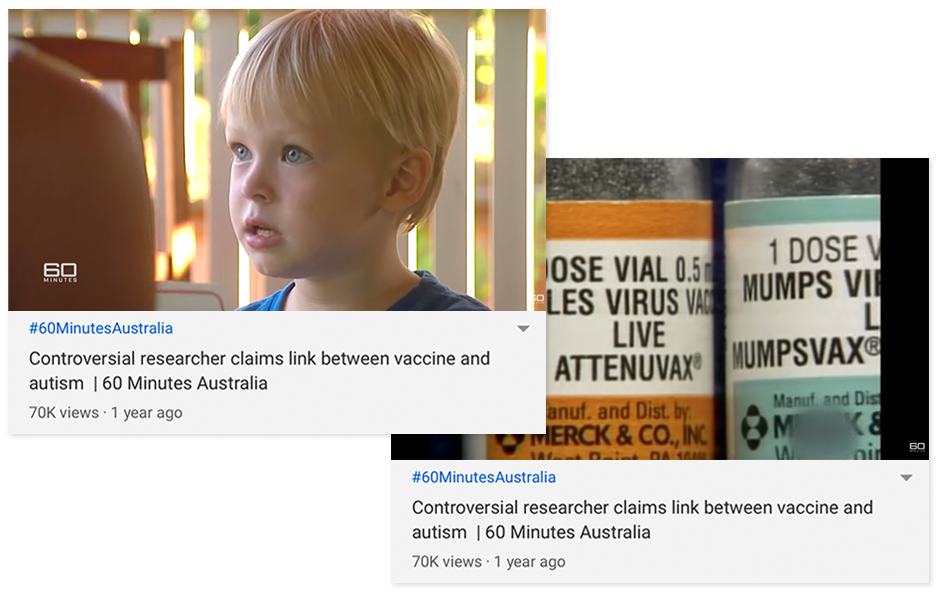Keep asking questions
This principle goes by many names: research, reporting, homework, etc. The more important you consider a topic, the more essential it becomes to follow up on media reports about it.
The more important you consider a topic, the more essential it becomes to follow up on media reports about it.
The internet sparked a revolution in commerce, as potential buyers of products and services discovered relatively easy ways to learn more before purchasing. No one with common sense buys a car today based solely on advertising; we do research online, making comparisons and arming ourselves for the ultimate confrontation with the dealer. And online recommendations by customers, such as Yelp and Amazon reviews, have outsized influence despite their iffy trustworthiness.

Indeed, we need to recognize that a “buyer beware” attitude has its limits. Even though we generally recognize we need to consult multiple sources of information to help make major decisions about our lives. But do we also recognize why we need to dig deeply to get the right answers about life and citizenship issues that are important to us? We need to keep investigating, sometimes in major ways but more often in small ones, to ensure that we routinely make good choices.
The rise of the Internet has given us a relatively easy way to dig deeper into the topics we care about the most. We can ask questions, and we can often get intelligent answers to these questions.
But as we’ve discussed elsewhere, intelligent answers may not be what we see at first glance in a search. Our investigation may turn up bogus information. A YouTube video that claims to educate us on a political or social topic may well be emotion-stirring propaganda designed to make you believe things that are not true.

Investigation has limits, moreover. No one expects you to fly to London and re-report what you saw on the BBC (widely regarded as the best English-language broadcast news organization in the world, though we should maintain a healthy sense of skepticism about what even such reputable sources tell us). However, there’s no excuse for not checking further into the closer-to-home information that informs your daily life.
